How is Heroin Abused?
Can heroin be abused? Yes, it can be abused. In fact, if you are taking heroin at all, then you’re abusing it because, by definition, heroin is an illegal narcotic that is not regulated for use by medical experts or doctors. Heroin is one of the strongest opiates out there and is considered a Scheduled I substance by the Controlled Substances Act. Heroin is not meant to be used for any reason. Individuals who use this illegal drug do so for recreational purposes or because they are addicted to heroin. Moreover, when someone abuses heroin, they can develop a quick dependency and/or high opiate tolerance. And the more they continue to use heroin, the more severe the heroin addiction.
Because heroin is a street drug, you can never trust that it’s entirely pure. It often contains additives and traces of other drugs as a cutting agent like fentanyl. These can be harmful whether you inject, smoke, or snort heroin. These routes of an administration still send the drug quickly to the brain and include an additional risk of infectious disease. Some users mix heroin with crack cocaine, a practice called drug speedballing. What does heroin do to the brain? Heroin enters the brain rapidly and binds to opioid receptors on cells located in many areas, especially those involved in feelings of pain and pleasure and in controlling heart rate, sleeping, and breathing.
Can you snort heroin? Highly pure heroin can be snorted or smoked and may be more appealing to new users because it eliminates the stigma associated with injection drug use. Black tar heroin is sticky like roofing tar or hard like coal. The dark color associated with black tar heroin results from crude processing methods that leave behind impurities. Impure heroin is usually dissolved, diluted, and injected into veins, muscles, or under the skin.
Can you snort black tar heroin? Yes, snorting black tar heroin is also possible. If you snort black tar heroin, it may cause serious respiratory problems. Smoking black tar heroin is the most common method, not injected (though it is possible to inject black tar, just with some increased risks such as botulism, HIV, and hepatitis

Get Your Life Back
Find Hope & Recovery. Get Safe Comfortable Detox, Addiction Rehab & Dual Diagnosis High-Quality Care.
Hotline(844) 597-1011Signs of a Heroin Addict
Heroin is a highly addictive street drug that can literally ruin a user’s life in a matter of days. In just a single dose of heroin, the body adjusts to the drug and craves more. Heroin users can experience withdrawal symptoms after just seventy-two hours of heroin use. Chronic use is often responsible for intense cravings, strong physical dependence, and severe opioid withdrawal symptoms.
If you suspect that someone you know may be struggling with this drug, consider the following signs and symptoms of heroin addiction:
Needle Marks – heroin users commonly inject heroin using transdermal needles. The needles are responsible for track or needle marks on the legs, arms, or other areas of the body. These needle marks may become infected and inflamed and may appear as boils or deep tissue infections beneath the skin.
Isolation – Heroin abuse is usually responsible for extreme isolation from loved ones. As the heroin user dives deeper into a state of addiction, isolation from family members and friends becomes more common and noticeable.
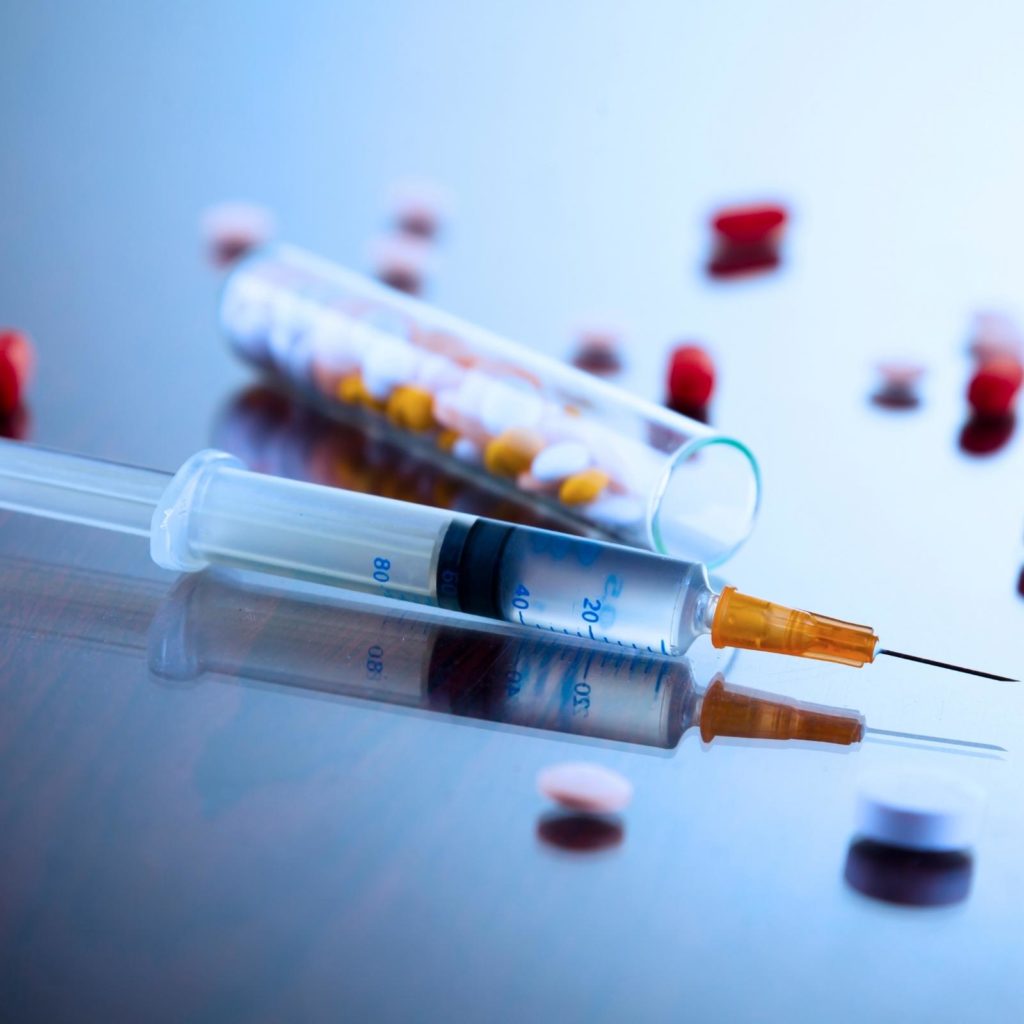
Withdrawal Symptoms – one of the most prominent signs and symptoms of heroin addiction is the withdrawal symptoms that a user will experience when he or she is quitting taking heroin. Withdrawal symptoms can include nausea and vomiting, anxiety, diarrhea, tension, and anger.
Tolerance – Chronic heroin use can quickly lead to an increase in tolerance to this drug. The heroin user will soon need excessively larger doses or more frequent doses in order to curb withdrawal symptoms and keep cravings at bay.
Excessive Spending – Suffering from unexplainable financial struggles or overspending is one of the first signs and symptoms of heroin addiction that family members or friends will notice. The user often spends all of his or her money on heroin and cannot explain the reason for their financial struggles.
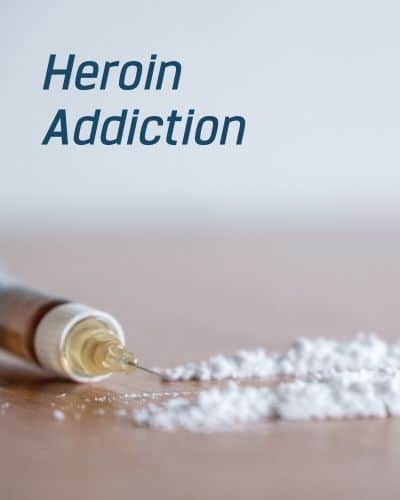
Overdose – increasing tolerance to heroin will often lead the user to overdose.
Disease – HIV, AIDs, and other infectious diseases are common in people who suffer from heroin addiction. Such diseases result from sharing needles, promiscuous or unsafe sex, and similar behaviors.
Changes in Sleep Patterns – one of the earliest signs and symptoms of heroin addiction is related to the heavy sleep that the user generally takes part in.
Lack of Interest in Hobbies – heroin abuse will cause a user to feel no desire to take part in activities that were once fun. As the heroin user becomes more heavily addicted, he or she will care less and less about hobbies.
Preoccupied – a sure sign of heroin addiction is the preoccupation that comes with this disease. The user will focus much of his or her time on finding, using, and recovering from drug use. This process is repeated over and over again as the drug use essentially consumes the user’s life.
Get Help. Get Better. Get Your Life Back.
Searching for Accredited Drug and Alcohol Rehab Centers Near You?
Even if you have failed previously and relapsed, or are in the middle of a difficult crisis, we stand ready to support you. Our trusted behavioral health specialists will not give up on you. When you feel ready or just want someone to speak to about therapy alternatives to change your life call us. Even if we cannot assist you, we will lead you to wherever you can get support. There is no obligation. Call our hotline today.
(844) 597-1011Symptoms of Heroin Addiction
Many people who experience heroin addiction will go to great lengths to hide their condition. Being able to recognize these warning signs and symptoms of heroin addiction can be the difference between continued addiction and recovery and life and death.
Mental Effects of Heroin
Heroin releases excessive amounts of dopamine in the brain. This depletes neurotransmitters of brain chemicals and teaches the brain that it needs heroin to function. This causes heroin withdrawal and detox in the absence of heroin and can lead to mental disorder symptoms of depression and anxiety. This drug can also cause frontal lobe damage, which impacts memory, attention, and spatial awareness.
- Memory loss
- Trouble with reading and writing
- Vision and hearing loss
- Loss of balance and coordination
- Irritability, depression, or confusion
- Problems walking or moving
Psychological Symptoms of Heroin Addiction
The psychological effects of heroin abuse may result from the efforts of the brain to rewire itself. A person with a heroin addiction will become more tolerant as the problem progresses because their brain is forced to create more opiate receptors to manage the influx of opium. This is the main reason repeated doses of heroin can never mimic the user’s first experience. As a result, the person will continue to use more and more heroin, disturbing the way their brain processes pleasure and dopamine production. This can lead to anxiety, depression, and other forms of substance-induced psychosis.
Alternate Between Drowsy and Wakeful States of Consciousness
After the initial rush ends, individuals who consume heroin experience a trance-like state that shifts between wakefulness and drowsiness. During this period of time, which is commonly known as “nodding out,” the user’s minds become cloudy. Generally, “nodding out” look like people who are trying to stay awake. Their heads “nod” and simultaneously drop as they get sleepy, and then suddenly, they jerk awake. The process usually continues for a couple of hours.
“Nodding out” occurs because heroin is an opioid sedative that causes people to feel alert one moment and sleepy the next. This may seem harmless, but the reality is nodding out is totally dangerous. Heroin users can easily lose consciousness, slip into a coma, or nod off and never wake up again. People using heroin may try to disguise “nodding out” as everyday fatigue, but alternating between wakefulness and drowsiness for hours after a euphoric high is most often a symptom of heroin addiction.
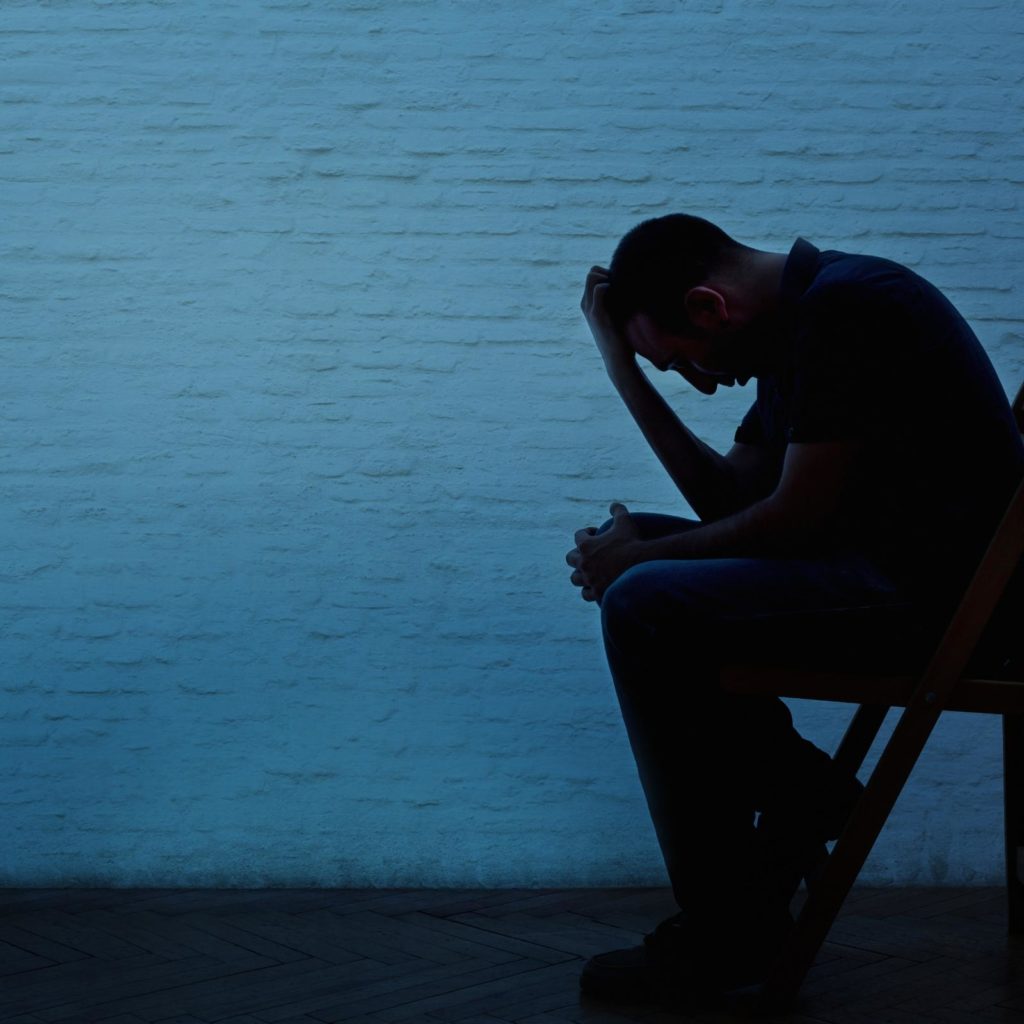
First-class Facilities & Amenities
World-class High-Quality Addiction & Mental Health Rehabilitation Treatment
Rehab Centers TourRenowned Addiction Centers. Serene Private Facilities. Inpatient rehab programs vary.
Addiction Helpline(844) 597-1011Proven recovery success experience, backed by a Team w/ History of:
15+
Years of Unified Experience
100s
5-Star Reviews Across Our Centers
10K
Recovery Success Stories Across Our Network
- Low Patient to Therapist Ratio
- Onsite Medical Detox Center
- Comprehensive Dual-Diagnosis Treatment
- Complimentary Family & Alumni Programs
- Coaching, Recovery & Personal Development Events
Physical Symptoms of Heroin Addiction
Heroin is one of the most addictive substances in existence, and an addiction to this drug is hard to overcome without professional heroin addiction treatment. Addiction to heroin is treatable. Although it is possible to recover from heroin addiction, it’s not easy.
Experience Unexplained Physical Changes
Since this drug often causes nausea and vomiting, many people using heroin lose their appetite. Because of this, the majority of people who abuse this drug lose weight. Weight loss is often one of the first physical signs and symptoms of heroin addiction that family members notice. Moreover, many heroin users appear tired and look older than their real age. They may have dark circles around their eyes and a pale complexion. Some might even have a bluish tint to their skin because of the way heroin affects heart rate and blood pressure.
Other unexplained physical changes commonly linked with heroin include:
- Difficulty breathing
- Slurred speech
- Scabs and bruises
- Constant runny nose
- Heavy-feeling limbs
Experience Excessive Itching and Skin Picking Disorder
Other common symptoms of heroin addiction are itching skin and skin picking disorder. When used, heroin triggers the immune system to release histamine, a chemical that’s normally released whensomeone has an allergic reaction. When released inside the body, histamine activates the skin’s itch receptors, which commands the brain to scratch an itch.
In addition, heroin can:
- Irritate nerve fibers in the body, making itching worse
- Bind to specific receptors in the body that send itch signals to the brain
- Lead to injection injuries that cause abscesses and skin infections that may itch as they attempt to heal
Many heroin users pick their skin as well. Generally, the picking is a result of the intense itching heroin causes. However, the anxiety and restlessness associated with heroin withdrawal can also lead to skin picking.
World-class, Accredited, 5-Star Reviewed, Effective Addiction & Mental Health Programs. Complete Behavioral Health Inpatient Rehab, Detox plus Co-occuring Disorders Therapy.
CALL(844) 597-1011End the Addiction Pain. End the Emotional Rollercoaster. Get Your Life Back. Start Drug, Alcohol & Dual Diagnosis Mental Health Treatment Now. Get Free No-obligation Guidance by Substance Abuse Specialists Who Understand Addiction & Mental Health Recovery & Know How to Help.
Heart Attack
Chronic heroin injectors may develop collapsed veins, infection of the valves and heart linings. Other cardiovascular effects include heart failure, blood vessel damage, low blood pressure, collapsed veins, and heart attack. Heroin users were at higher risk for acute myocardial injury (the medical name for heart attack), after heroin inhalation and binge drinking. The cause might be a heroin-induced cardiotoxic effect or vasospasm compounded by the presence of binge drinking.
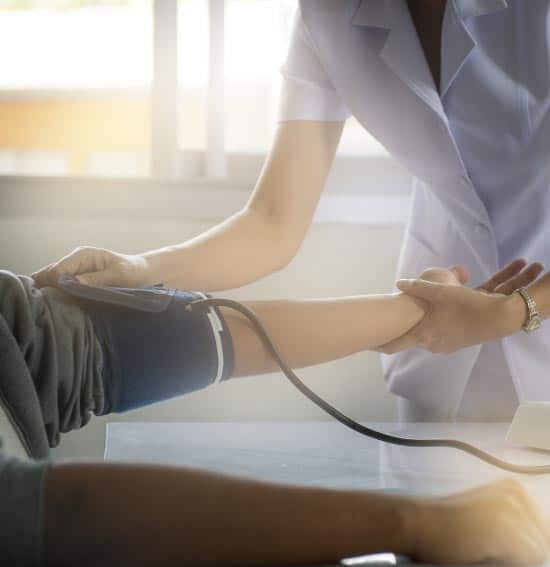
Lung Disease
Lung problems, including various types of pneumonia, may result from the poor health of the user as well as from heroin’s depressing effects on respiration. In addition to the effects of the drug itself, street heroin often contains toxic contaminants or additives that can clog blood vessels leading to the lungs, liver, kidneys, or brain, causing permanent damage to these vital organs.
Infections
Heroin can decrease and suppress T and B immune cells. It can lower someone’s ability to fight infections, viruses, and bacteria. The way someone uses heroin and other forms of the drug can also put them at risk for infection. People who use heroin as an injection drug and share needles are at risk for hepatitis C and HIV.
Heroin Addiction Treatment Center
Heroin addiction is a chronic disease and should be treated the same as other chronic diseases. Like those, it should constantly be monitored and managed. Heroin is a type of opioid. Opioid addiction treatment is different for each individual. The main purpose of opioid addiction treatment is to help the person stop using the drug. Opioid addiction treatment also can help the person avoid using it again in the future.
The body does go through specific symptom stages known as the opioid withdrawal timeline. The opioid withdrawal timeline varies from a few days to a few weeks, depending on the type of opioid that was used, how long it was used, and any other substances that may have been used in conjunction with opioids as well. Medically managed withdrawal opioid detox ensures the individual remains safe and stays as comfortable as possible.
Detox Treatment
The first step in treatment is medical detox. It will help you navigate the complicated withdrawal process, but it doesn’t address patterns of thought and behavior that contribute to heroin abuse. Various treatment approaches and settings can help provide the ongoing support necessary to maintain long-term sobriety after you complete detox.
Cravings are very common during detox and can be challenging to overcome. This often leads to relapse. Constant medical care provided during inpatient treatment helps prevent relapse. Clinicians can provide necessary medication and medical expertise to lessen cravings and the effects of withdrawals.
Psychotherapy
Several different modalities of psychotherapy have been used in the treatment of depression, including:
- Cognitive Behavioral Therapy (CBT) – is an effective treatment that involves making changes in both the patterns of negative thoughts and the behavioral routines which are affecting the daily life of the depressed person for various forms of depression.
- Dialectical Behavior Therapy – is a comprehensive mental health and substance abuse treatment program whose ultimate goal is to aid patients in their efforts to build a life worth living. The main goal of DBT is to help a person develop what is referred to as a “clear mind.”
- Person-Centered Therapy – is a strategy that allows and encourages clients to understand and resolve their concerns in a safe, supportive environment.
Dual Diagnosis Treatment
Substance abuse and mental health disorders often co-occur. In many cases, traumatic experiences can result in a mental health disorder and substance abuse. Dual diagnosis programs treat both of these issues together. The best approach for the treatment of dual diagnosis is an integrated system. In this strategy, both the substance abuse problem and the mental disorder are treated simultaneously. Regardless of which diagnosis (mental health or substance abuse problem) came first, long-term recovery will depend largely on the treatment for both disorders done by the same team or provider.
Medication-Assisted Treatments
Medication-Assisted Treatments (MAT) for substance use disorders and mental health disorders are commonly used in conjunction with one another. This includes the use of medications and other medical procedures. During your rehab, the staff from your treatment facility will help you identify what caused your addiction and teach you skills that will help you change your behavior patterns and challenge the negative thoughts that led to your addiction. Sometimes, the pressures and problems in your life lead you to rely on substances to help you forget about them momentarily.
Now that we learned about the symptoms of heroin addiction, hopefully, this will give you an idea of what drugs you’re dealing with. If you or your loved one is suffering from Opioid withdrawal symptoms and addictions, and at some point experienced opioid overdose symptoms, indeed, help is just a phone call away. Professional opioid addiction treatment is necessary for fast and effective recovery. Contact us today at We Level Up treatment facility. We provide utmost care with doctors and medical staff available 24/7 for life-changing and lasting recovery. We offer an enhanced opportunity to return to a fulfilling and productive life.
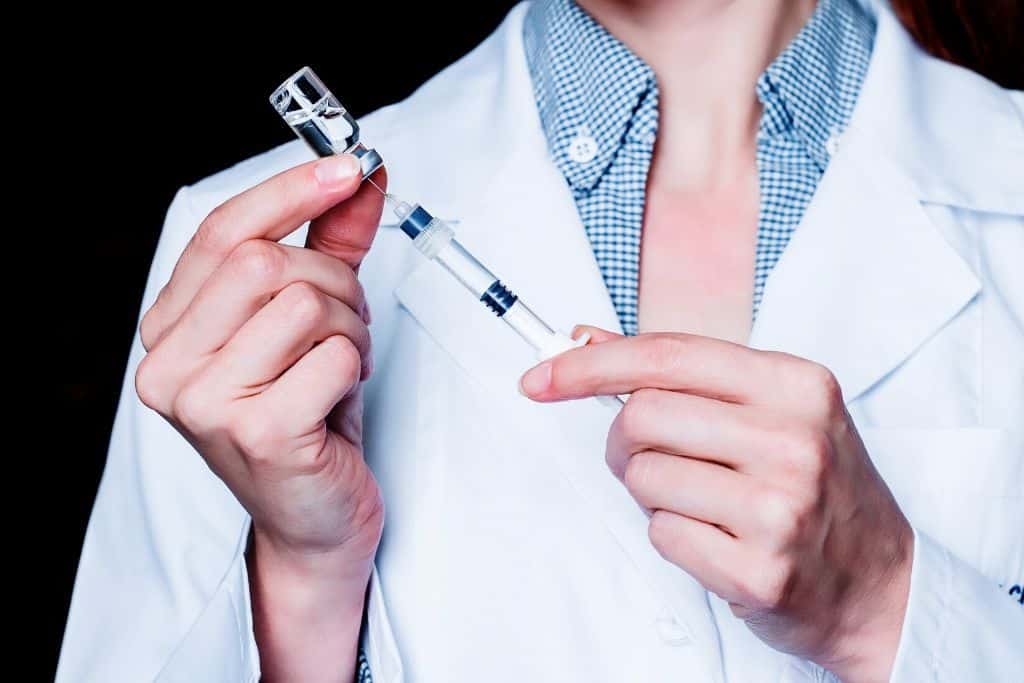
“This Was Not How I Wanted To Live”, Ryan’s Recovery From Fentanyl, Heroin, & Oxycontin Addiction Video
Ryan’s Addiction Recovery Story and Testimonial
“My name is Ryan and I’m the transportation manager.
My clean date is September 14, 2016. My addiction was in and out of meetings for ten years, in and out of jail for eight, in and out of rehabs for six years.
Before I came down to Florida, I was homeless. I was sleeping on park benches when I couldn’t find a couch or a car to sleep in.
The main thing that brought me down was Fentanyl powder straight from China, Meth, Heroin, OxyContin, all of it.
I was just done.
I just I had a little bit of 78 days clean and I went home because I had $50,000 in warrants that I had to clear up used again, and was back in Florida a week later. And I looked in the mirror and I had a God moment and I realized that this was not how I wanted to live anymore. And that was the last. And I flushed it, flushed a half gram of dope down the toilet and that was it.
Got a home group while I was in treatment. Got a service commitment while I was in treatment. When I got out of treatment, I would walk to meetings. I would do everything that I was suggested to me. My first eight and a half months clean, I was going to twelve meetings a week minimum. I started working steps after I found the right sponsor. I had two home groups doing service. In both of those home groups, I started paneling H and I at 90 days and got a commitment at six months.
Today I am free from drugs. I live by myself in an apartment that I can afford. I can, ya know, My family talks to me when I go home for vacation. I’m welcomed and looked up to by all my friends back home who are still using or who want to be clean today. I get to do whatever I want, travel wherever I want, and not have to have something in my pocket to make sure that I can get through without being sick.”
Does Addiction Rehab Work?
The success of treatment can vary from person to person, but longer stays in treatment frequently lead to better outcomes. Long-term rehabilitation is rarely aided by detox alone. Is treatment effective? Compared to not attending treatment, attending treatment boosts a person’s chances of long-term recovery.
Experience Transformative Recovery at We Level Up Treatment Centers.
See our authentic success stories. Get inspired. Get the help you deserve.
Start a New Life
Begin with a free call to an addiction & behavioral health treatment advisor. Learn more about our dual-diagnosis programs. The We Level Up Treatment Center Network delivers recovery programs that vary by each treatment facility. Call to learn more.
- Personalized Care
- Caring Accountable Staff
- World-class Amenities
- Licensed & Accredited
- Renowned w/ 100s 5-Star Reviews
We’ll Call You
Sources
[1] CDC – https://www.cdc.gov/
[2] How Long Does Heroin Stay in Your System? – We Level Up NJ


